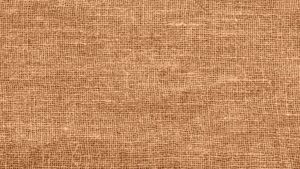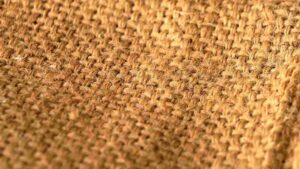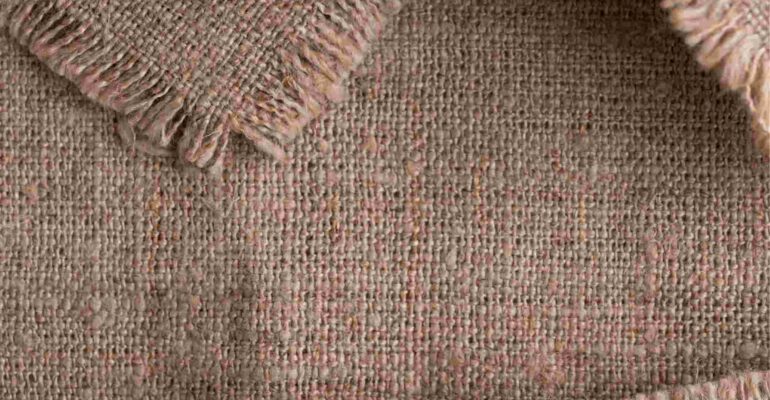“Jute Clothing: Pioneering Sustainable Fashion”
January 15, 2025 2025-01-20 11:01“Jute Clothing: Pioneering Sustainable Fashion”
In recent years, sustainability has shifted from being a mere trend to a movement that’s transforming industries worldwide, including fashion. As the world becomes more conscious of the environmental impact of fast fashion, designers, brands, and educational institutions like Dhruva College of Fashion Technology are seeking innovative, sustainable solutions to create clothing that is both stylish and eco-friendly. One material that is gaining significant attention in this shift toward sustainability is jute.
This blog explores the growing popularity of jute clothing and how Dhruva College of Fashion Technology is leading the way in integrating sustainable practices into the fashion world.
What is Jute Clothing?
Jute is a fiber derived from the jute plant, primarily grown in tropical regions of Asia. Traditionally used for products such as sacks, ropes, and mats, jute has recently emerged as a sustainable fabric in the fashion industry. Jute is biodegradable, requires less water to cultivate than cotton, and doesn’t rely on harmful chemicals, making it a greener alternative to many other textiles.
Jute clothing includes a range of garments, from dresses and tops to skirts, bags, and accessories. The fabric’s distinctive, rustic texture provides both designers and consumers with a unique aesthetic. As more people become aware of the environmental cost of fast fashion, jute offers a refreshing alternate.
Why Jute Clothing is Gaining Popularity
- Sustainability at Its Core
Sustainability drives the rise of jute clothing. As one of the most eco-friendly fibers available, jute is biodegradable, unlike synthetic fabrics such as polyester and nylon, which can persist in landfills for centuries. The production of jute also requires fewer pesticides and fertilizers compared to other crops like cotton, further reducing its environmental impact. With growing consumer awareness of the environmental effects of fast fashion, jute provides a sustainable solution to this issue. - Durability and Strength
Jute stands out for its strength and durability. As one of the strongest natural fibers, jute resists wear and tear, making it a reliable material for long-lasting garments. Its durability also translates into accessories like bags and shoes, which often undergo heavy use. Jute’s resilience means it requires less frequent replacement, contributing to the reduction of waste in the fashion industry. - Breathable and Comfortable
Jute fibers are naturally breathable, which makes jute clothing perfect for warm climates. The fabric allows air to circulate, helping regulate body temperature. Jute’s moisture-wicking properties ensure that it remains comfortable to wear, even on hot and humid days. Despite its durability, jute’s texture remains soft and comfortable, offering a perfect balance of strength and wearability. - Unique Aesthetic
The earthy, natural texture of jute sets it apart from other fabrics, offering a rustic yet modern look. Designers can experiment with different weaving techniques, colors, and combinations, making jute versatile for various types of clothing from casual wear to high-end fashion. As sustainable fashion gains momentum, jute’s aesthetic appeal is drawing increasing attention from both designers and consumers alike. - Low Environmental Impact
Jute requires minimal water and no harmful chemicals to grow, making it a low-impact crop. In comparison to cotton, which uses large quantities of water and pesticides, jute is an environmentally friendly option. Furthermore, jute is fully biodegradable, meaning it will break down naturally without leaving harmful pollutants behind. This makes it a preferred choice for consumers and designers looking to reduce their ecological footprint.

Dhruva College of Fashion Technology: Leading the Way in Sustainable Fashion
At Dhruva College of Fashion Technology, sustainability is at the heart of the educational experience. The college encourages students to explore eco-friendly materials like jute, helping them become the next generation of designers who prioritize both style and environmental responsibility.
1. Curriculum Focus on Sustainable Fashion
Dhruva College offers specialized courses that focus on sustainable fashion practices. These courses teach students how to incorporate eco-friendly materials like jute into their designs, helping them understand the environmental benefits of working with natural fibers. The curriculum also explores other critical areas of sustainable fashion, such as zero-waste design and ethical production practices. Through this, students gain the skills and knowledge needed to design fashion that is both stylish and environmentally responsible.
2. Hands-On Experience with Jute
At Dhruva College, students work with jute fabric on real design projects, allowing them to gain hands-on experience with this natural fiber. Students experiment with weaving, dyeing, and cutting techniques, learning how to best use jute to create modern, wearable garments. The college’s advanced facilities, including design studios and textile labs, provide students with the tools they need to bring their sustainable fashion ideas to life.
3. Industry Collaboration and Internships
Dhruva College encourages collaboration with industry leaders, offering students valuable internships and exposure to real-world applications of sustainable fashion. Through these industry partnerships, students work with brands that specialize in eco-friendly materials like jute. Internships with these brands help students understand how sustainable design concepts translate into commercially viable fashion.
4. Fostering Eco-Conscious Designers
Dhruva College is committed to nurturing a new generation of fashion designers who are both innovative and environmentally conscious. The institution fosters a mindset that prioritizes sustainability, encouraging students to explore sustainable materials and practices. By providing the tools to create eco-friendly, high-quality designs, Dhruva College is shaping the future of fashion, producing graduates who are ready to make a difference in the industry.

The Future of Jute Clothing
As consumers increasingly demand sustainable fashion, jute is emerging as a key player in the future of eco-friendly fashion. With its eco-friendly properties, durability, and versatility, jute offers designers a natural alternative to traditional synthetic fibers. We can expect jute’s role in the fashion industry to grow, with more designers incorporating it into their collections and more brands offering jute-based products.
Dhruva College of Fashion Technology is leading this transformation by preparing students to work with jute and other sustainable materials. As more designers embrace jute’s potential, we will see its applications expand beyond clothing to include home decor, accessories, and footwear. Dhruva College is not only equipping students with the skills to work with jute but is also inspiring them to lead the charge in reshaping the future of fashion.
Conclusion:
Jute clothing represents the perfect blend of sustainability and style. Its eco-friendly properties, durability, and versatility make it an ideal choice for consumers who want to make more responsible fashion choices. Dhruva College of Fashion Technology is leading the way by teaching the next generation of designers to harness the potential of jute and other sustainable materials.



